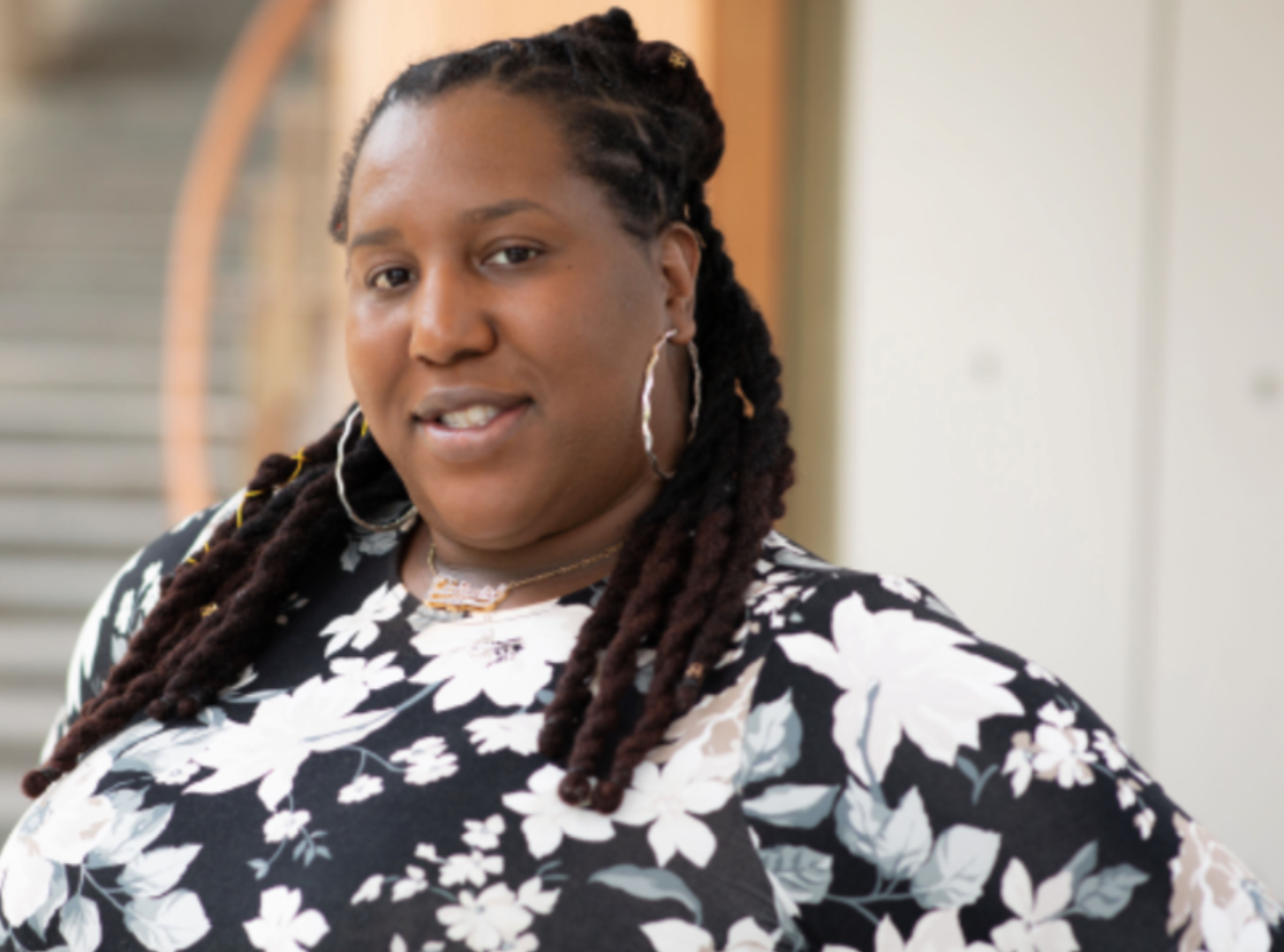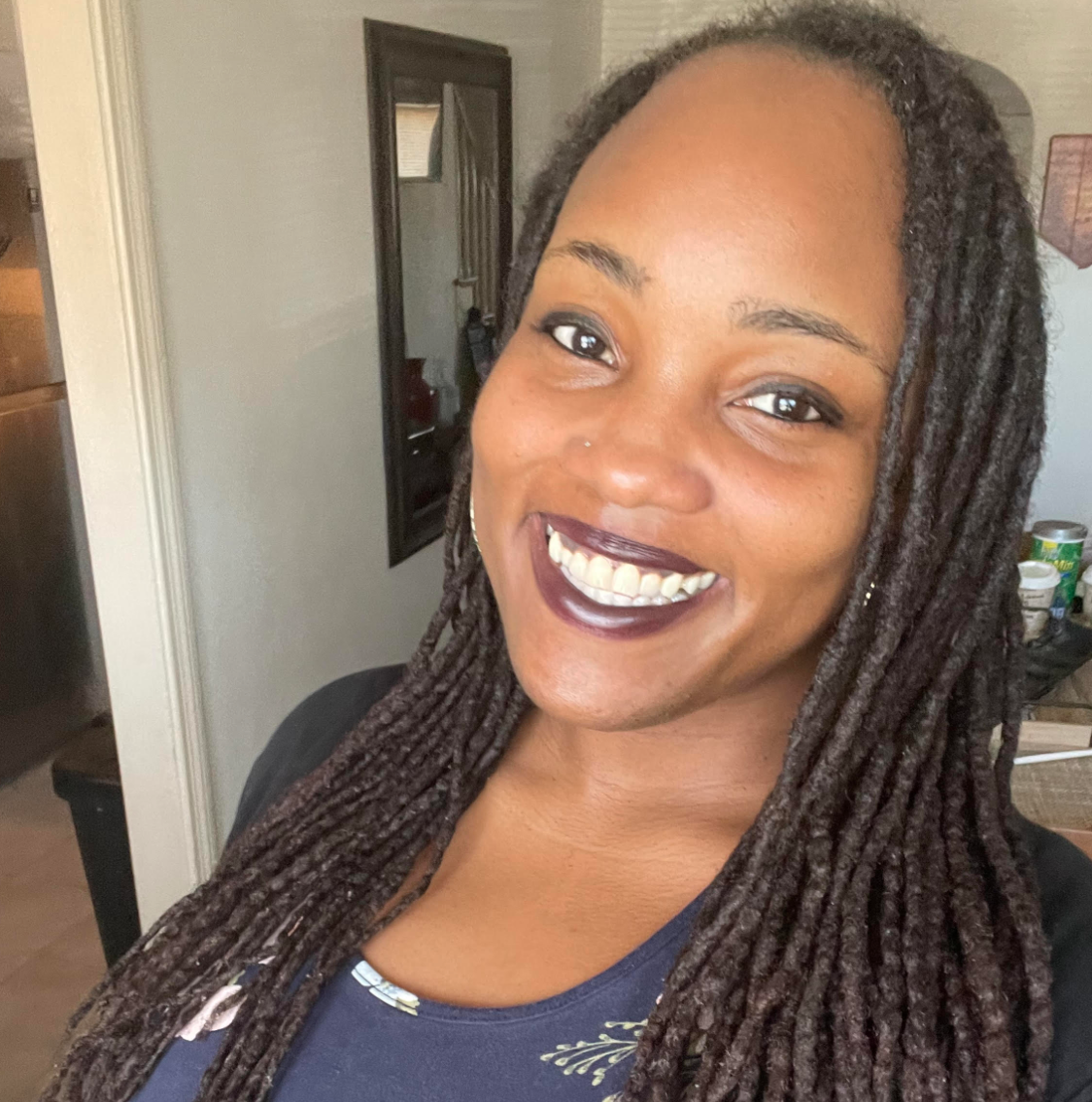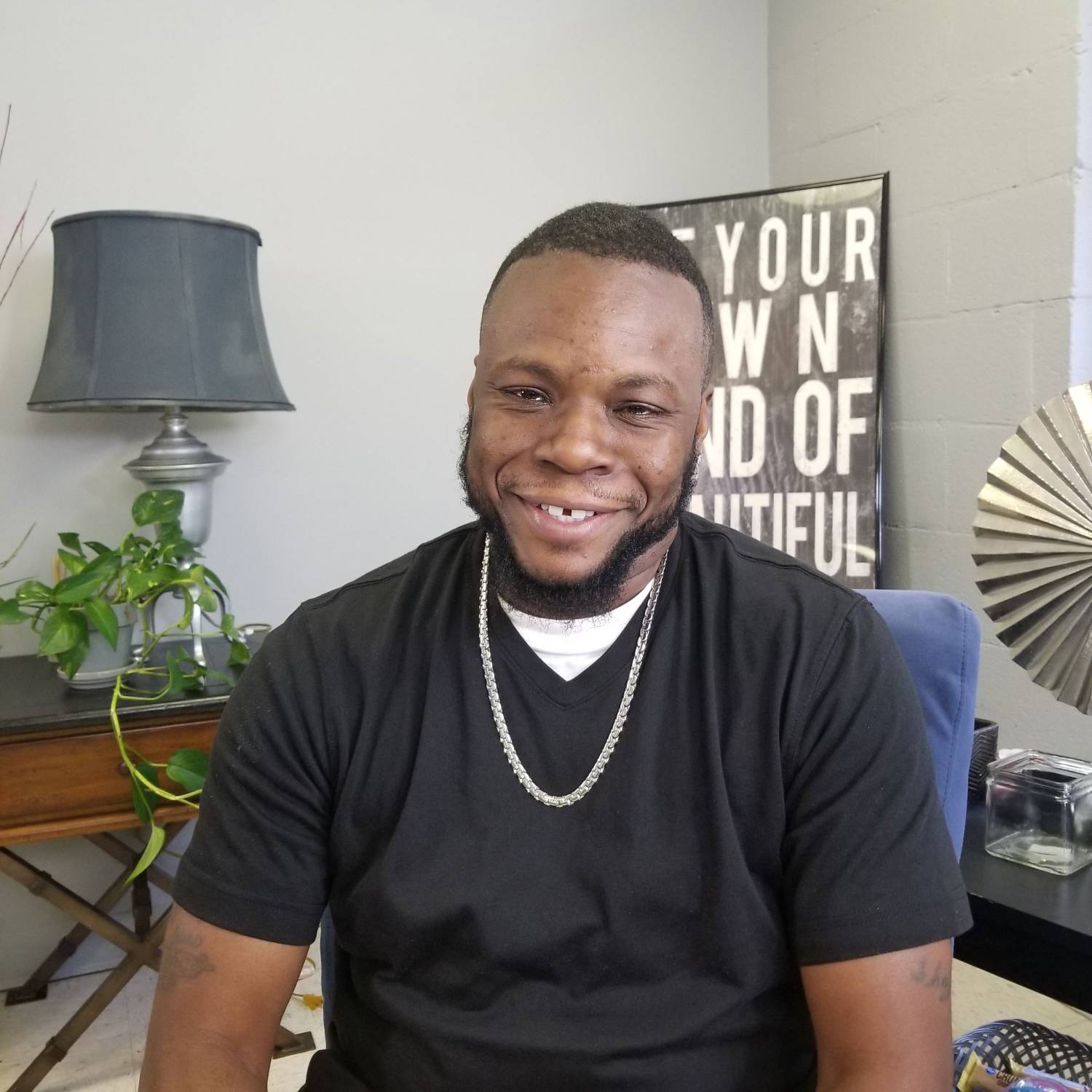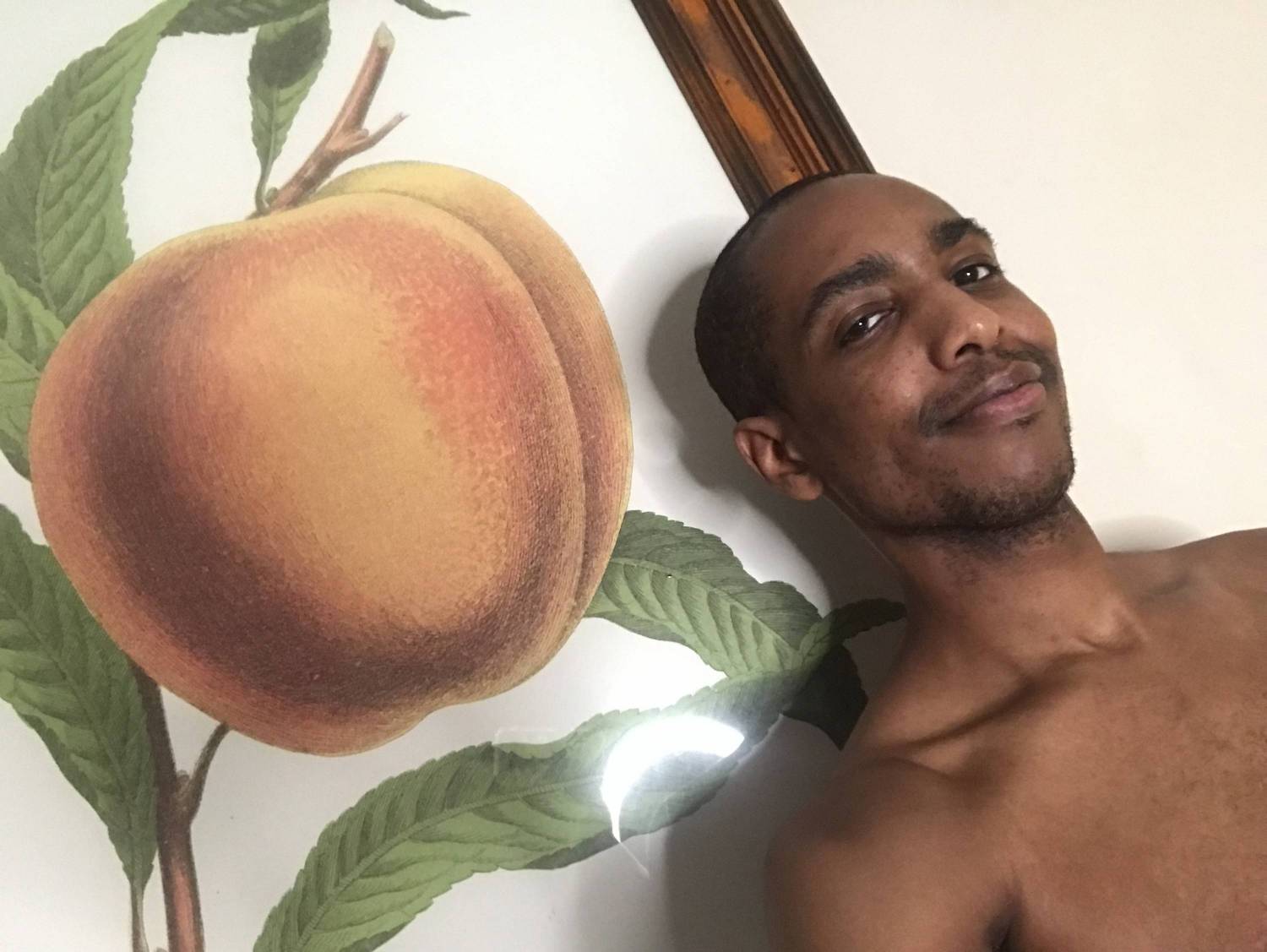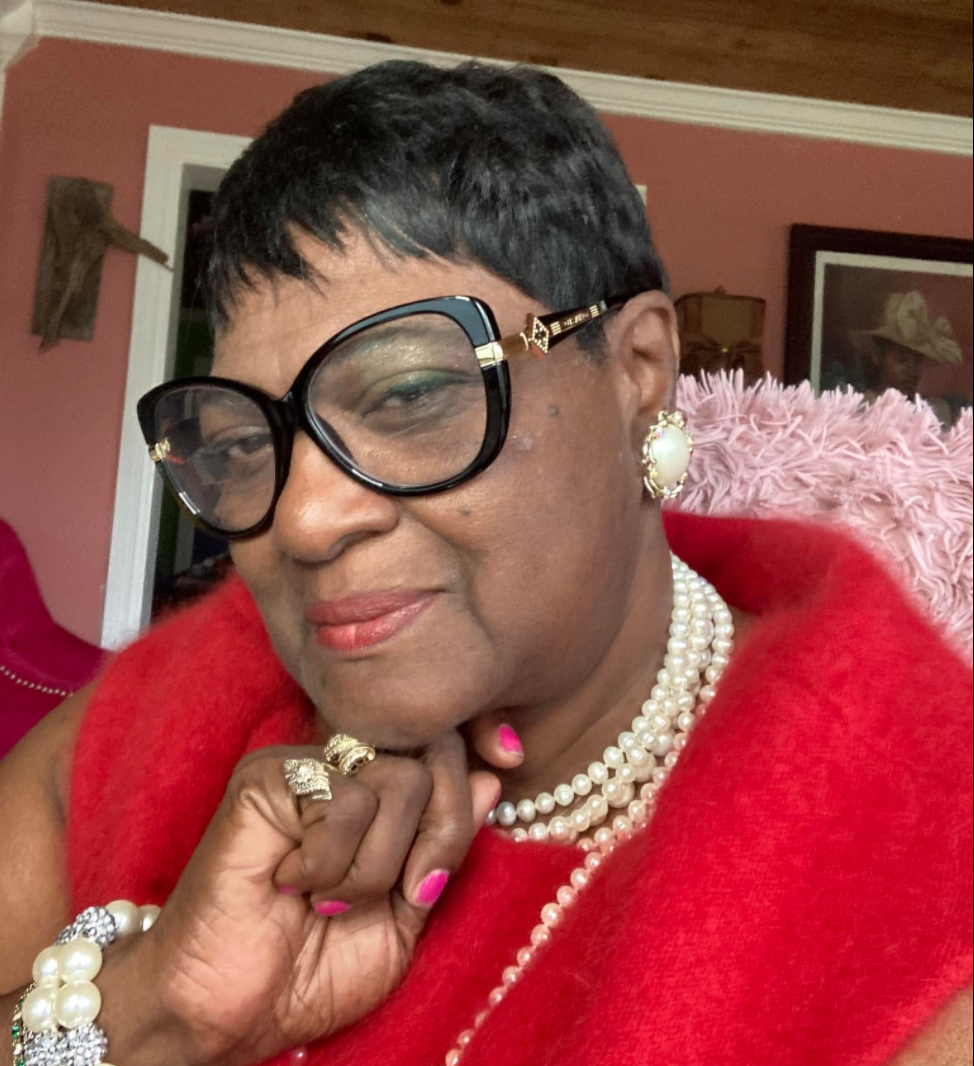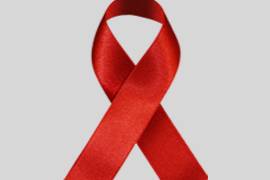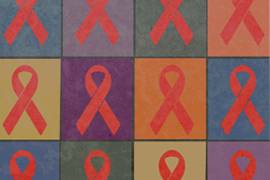By Kellee Terrell
As we celebrate Black History Month and enter the 41st year of the HIV/AIDS pandemic, as a community, it's essential to take note of how far we've come and… how long we have to go. Yes, HIV/AIDS doesn't have to be the death sentence it once was—thanks in part to grassroots activism that helped develop life-saving medications—but we still know there's much more work to do.
The numbers alone prove that point. Despite us making up only 13 percent of the U.S population, according to the Centers for Disease Control and Prevention, Black Americans account for more than 40 percent of newly diagnosed HIV cases each year. Most of us know that these statistics go way beyond condom use. These numbers reflect a combination of many factors: Poverty and economic instability, institutionalized racism, gender inequality, homophobia, transphobia, poor access to health care in general, and mistrust in the medical system, to name a few.
We also can't forget stigma.
Whether it stems from plain misinformation, cultural shame, or religion, stigma is a powerful force. It can stand in the way of someone getting testing and seeking help and even treatment. Stigma internalizes the negative messages society has taught us about people living with HIV/AIDS, sexuality, and gender identity. It distorts the way one looks at themselves, encouraging those to hide from the world and people who love them because of their HIV status. But the good news is that it doesn't have to be that way.
Every day Black people living with HIV/AIDS are doing their best to overcome these obstacles to be visible, proud, and build community. Every day, they refuse to stay silent by speaking out to make change, educate those at-risk, and help validate other people living with HIV. Most importantly, they do more than survive in the face of stigma; they thrive. Here's how:


